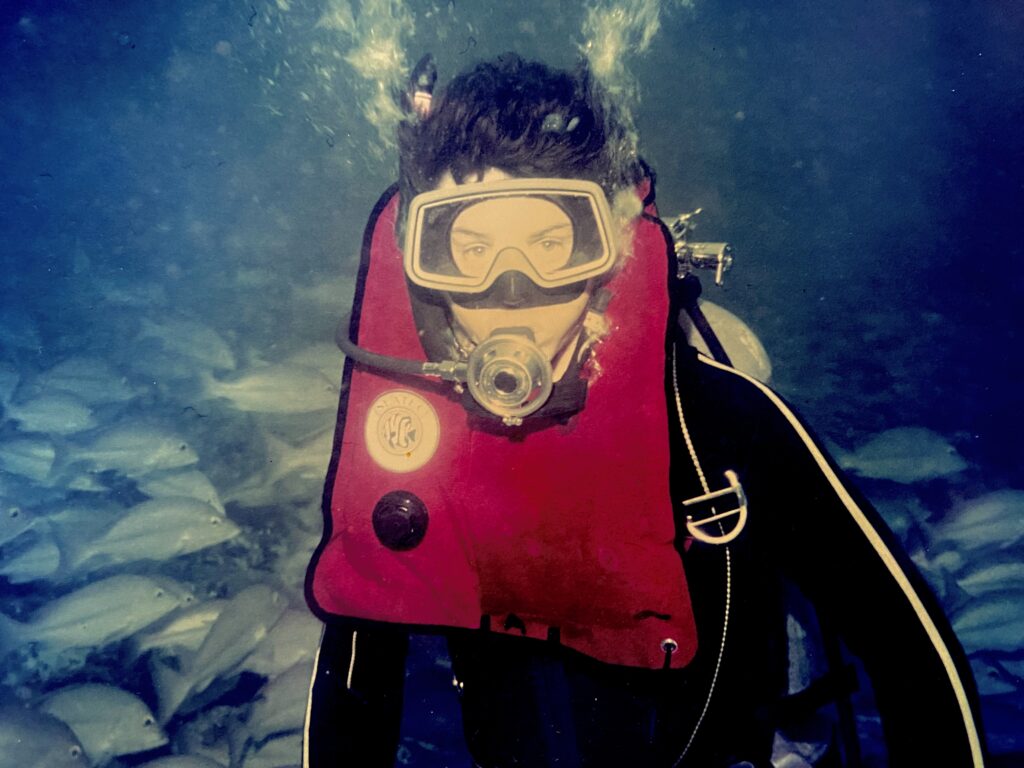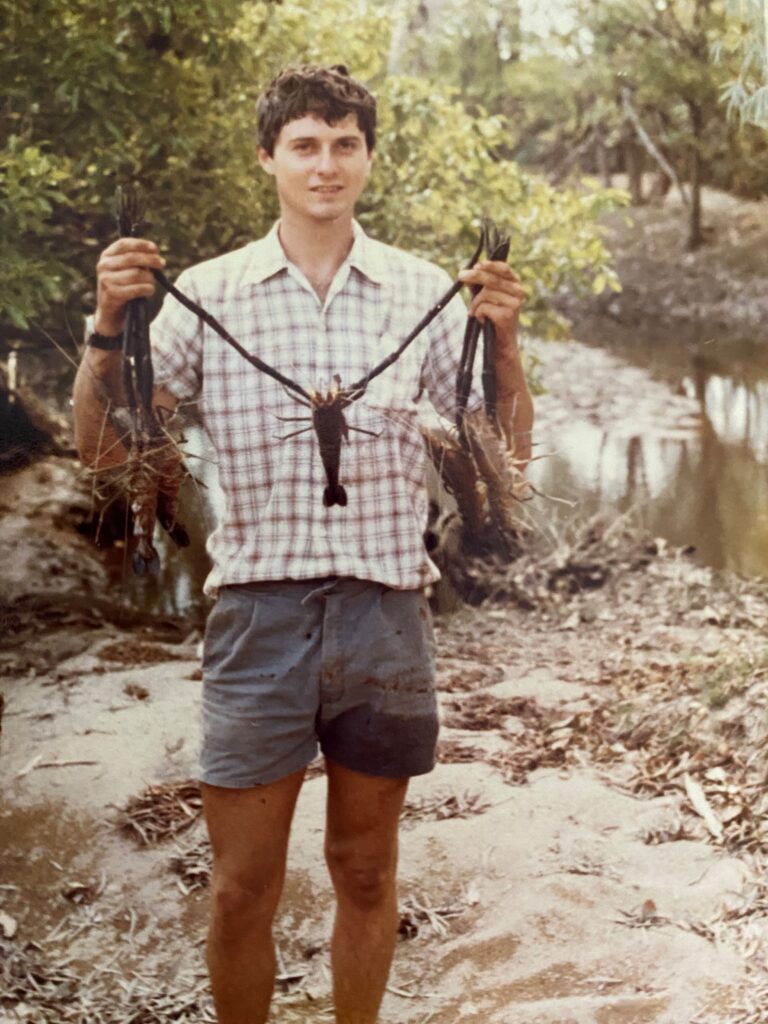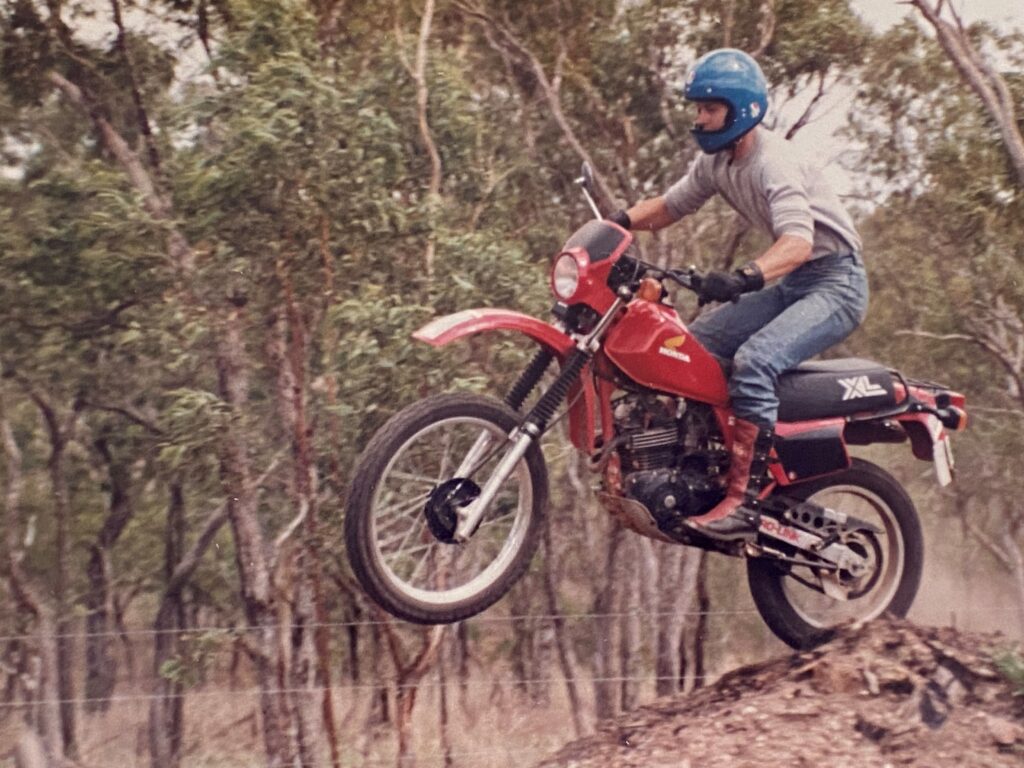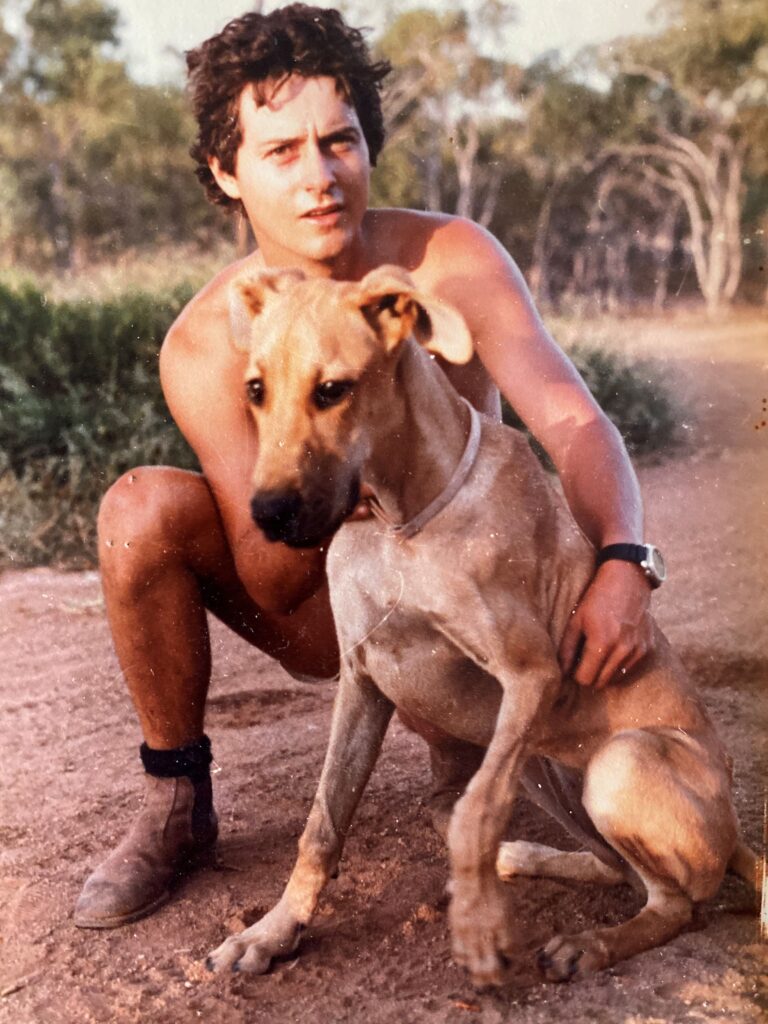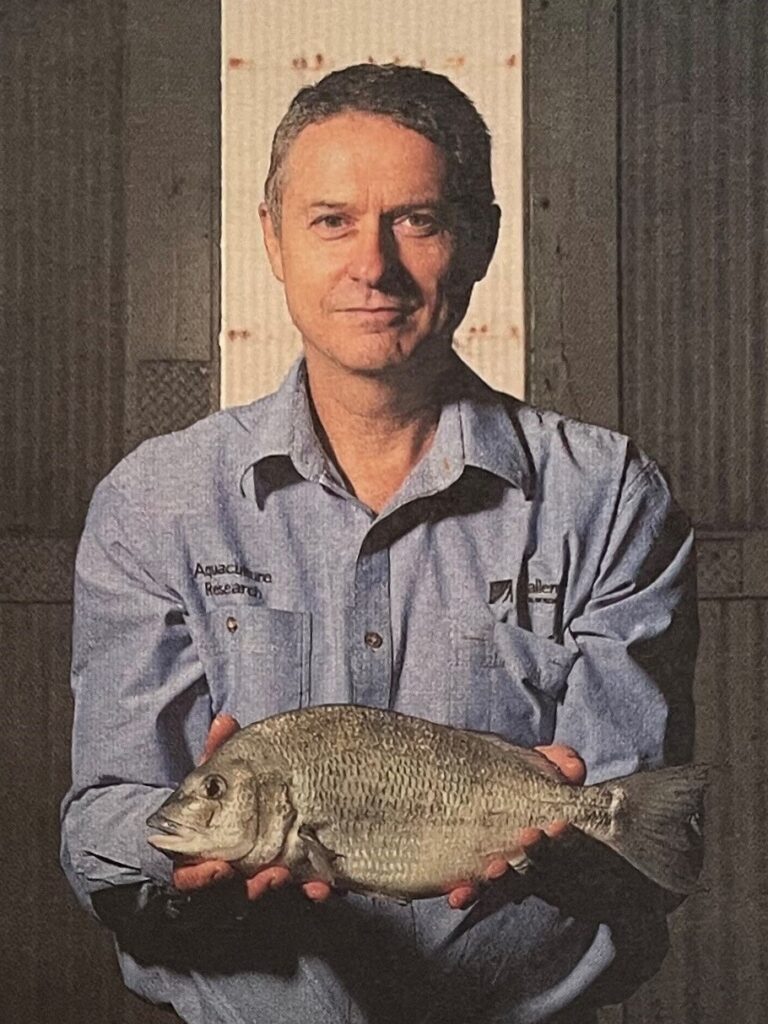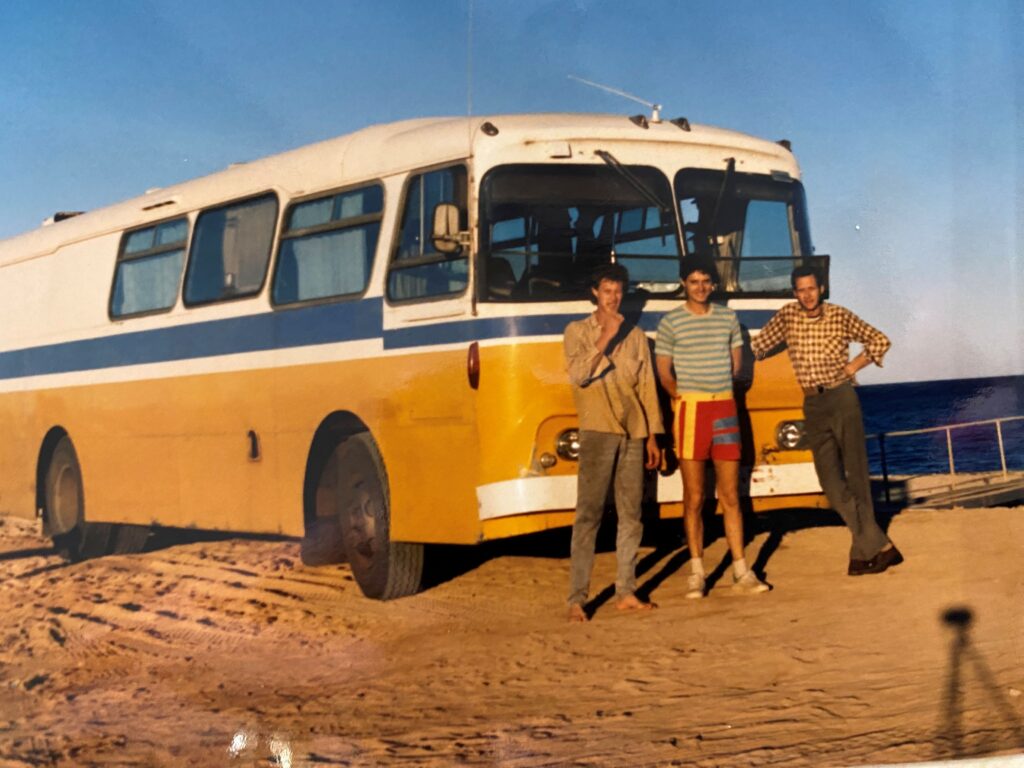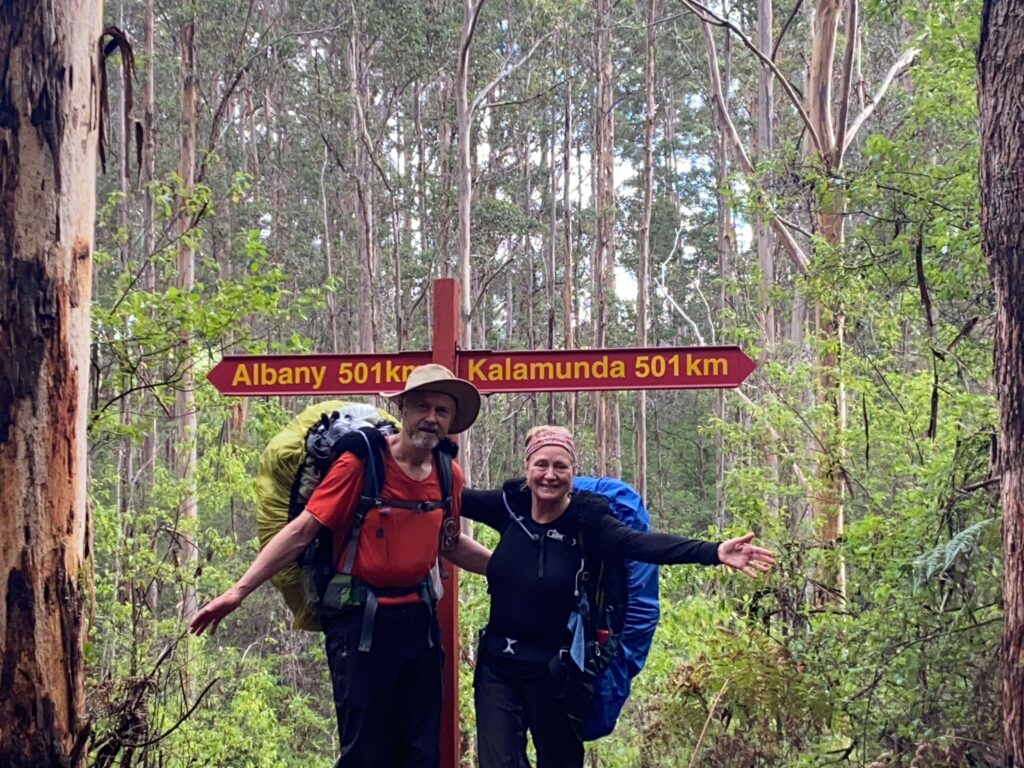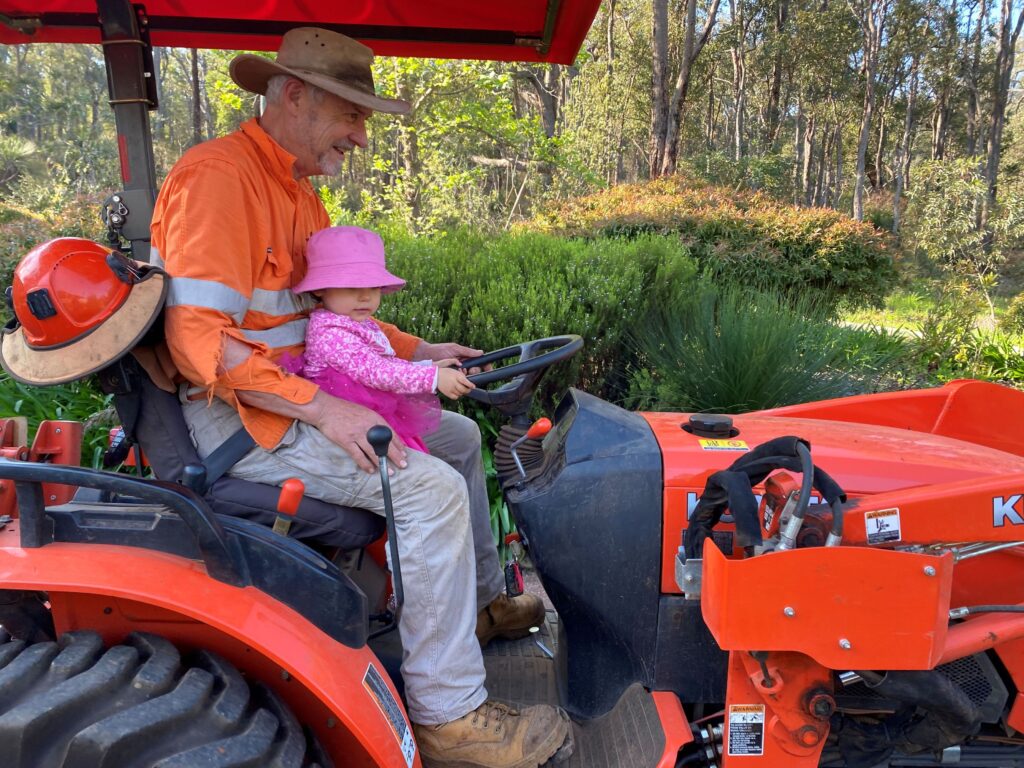Habits
Pioneer is a word thrown around a lot but, with Greg it is truly warranted. His contribution and leadership has been instrumental in growing aquaculture from a fledgling industry to a cornerstone of Australia’s seafood production today in the last 30 years.
Greg’s journey in aquaculture began in the late 1980s with Australia’s first marine fish farming project focused on Mahi Mahi (dolphinfish). From small beginnings, he went on to lead over 200 projects and served as the long-term director of the Australian Centre for Applied Aquaculture Research (ACAAR).
Greg played a pivotal role in advancing sustainable fish farming by building strong partnerships across industry, government, and research sectors through his project works including:
- Restocking the Blackwood River: A groundbreaking initiative that revitalised local fish populations.
- Establishing Sustainable Hatcheries: Under his guidance, ACAAR developed hatcheries that set new standards for environmental responsibility, growing 20 different species of fish and prawns and winning numerous awards
“Most of the big pelagic fish are gone in the world…we’re probably down to 10 or 15% left of the big pelagics, and there’s no let-up. I really believe increasingly aquaculture’s going to be a very important part of the seafood mix in the future.”
A key moment in the path of ACAAR’s success was when Greg organised a landmark conference on sustainable marine fish aquaculture in the 90s, with a clear goal: ensuring Western Australia was prepared to develop marine aquaculture the right way, before it became widespread.
Greg sought out David Suzuki, a globally respected environmentalist and known critic of aquaculture, to be the keynote speaker. While David was initially skeptical, “You know that I really don’t like aquaculture.” Greg won him over with his vision, “We don’t have marine fish aquaculture in the West. We want to make sure that when we do, we’re prepared, that we know how to do it well.”
The event was a huge success, it included diverse attendees including the CEO of Fisheries, key local green groups, and industry representatives. While many attendees were also initially skeptical, Greg’s transparency and commitment to sustainability won their respect: “Everyone was quite happy because we were very genuine.”
It was marked as a rare moment of collaboration between environmentalists, government, and industry in aquaculture, and further established Greg’s reputation as a principled leader and bridge-builder.
Known for his forthrightness, Greg has never shied away from asking tough questions—a trait that occasionally got him into trouble when challenging complacency within scientific and governmental institutions. “I’ve never made a decision where the prime reason was to pursue my career… I tell people what I think.”
Greg’s dedication to sustainability is a hallmark of his career, his quest for transparency and scientific rigour are non-negotiable, “The general public have this strange view that scientists are also moral people. I’ve known plenty of scientists who will push their science, even though it’s harming the environment and it’s not the right thing to do.”
For the Happy Fish Project that translates to: no shortcuts and not bending the science, “If we have any projects assessed in Australia through the Sustainable Australia Seafood Assessment Criteria, to gain endorsement, they’ll have to do it well.”
